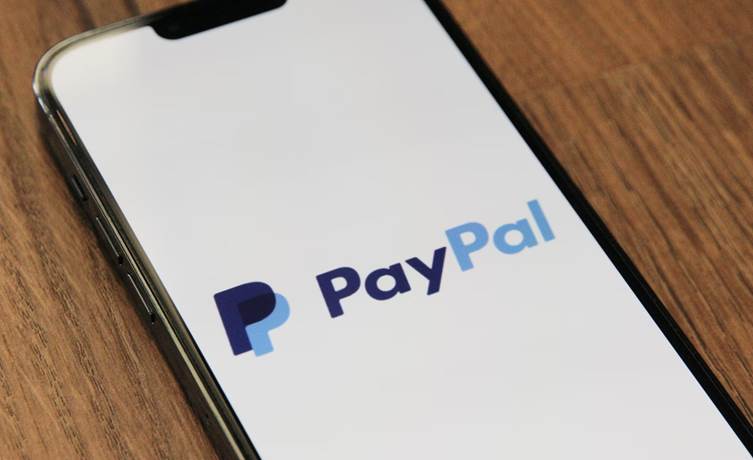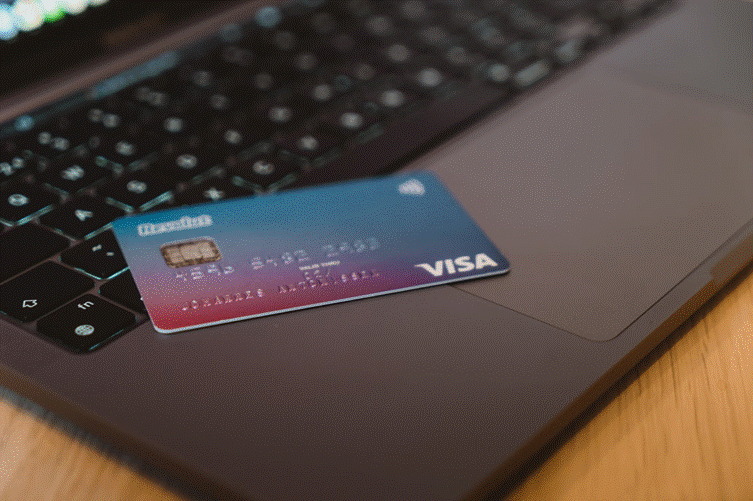E-Wallets vs. Traditional Banking in Online Gambling: A Comparative Analysis
The online gambling industry has witnessed a significant evolution in payment methods. Players now have a choice between using e-wallets like PayPal, Skrill, and Neteller or sticking with traditional banking methods such as bank transfers and credit cards. This analysis will delve into the pros and cons of both these options to help you make an informed decision.

E-Wallets in Online Gambling
E-wallets have surged in popularity within the online gambling community. They have become a global standard, used everywhere from the best real money casino sites for Australian players to casinos in Canada, the USA, and beyond. E-wallets stand out for their convenience and speed, appealing particularly to the tech-savvy gambler.
Pros:
- Speed and Efficiency: One of the biggest advantages of e-wallets is the speed of transactions. Deposits are usually instant, and withdrawals are significantly quicker than traditional banking methods, often processed within 24 hours.
- Enhanced Security: E-wallets provide a secure way to make transactions without directly exposing your bank or credit card details to the gambling site, reducing the risk of fraud.
- User-Friendly Interface: These platforms are generally straightforward, with intuitive navigation and easy account management, making them accessible even to those who are not tech-savvy.
- Budget Management: E-wallets allow you to fund your account with a set amount, helping to manage your gambling budget and avoid overspending.
Cons:
- Transaction Fees: Some e-wallets may charge fees for deposits or withdrawals, which can accumulate over time, especially for frequent users.
- Bonus Restrictions: Certain online gambling sites limit welcome bonuses or promotions for players using e-wallets due to verification issues.
- Initial Setup and Verification Processes: Creating and verifying an e-wallet account can be time-consuming, requiring submission of personal information and sometimes linking to a bank account.
Traditional Banking Methods in Online Gambling
Despite the rise of digital payment methods, traditional banking remains a staple in online gambling, offering reliability and a sense of familiarity.
Pros:
- Widespread Acceptance: Virtually all online casinos accept traditional banking methods, making them a universal option for players worldwide.
- Higher Transaction Limits: Generally, traditional methods have higher limits for deposits and withdrawals, which is beneficial for high rollers.
- Familiarity and Trust: Many players are more comfortable with using familiar banking methods and trust their reliability over newer digital options.

Cons:
- Transaction Speed: Traditional banking methods lag in transaction speed, particularly for withdrawals, which can take several days to a week to process.
- Privacy Concerns: Bank statements will reflect gambling transactions, posing a concern for players who prefer to keep their gambling activities private.
- Risk of Overspending: Credit card users, in particular, might be at risk of overspending, as it’s easy to lose track of how much is being wagered.
Balancing the Pros and Cons
The choice between e-wallets and traditional banking methods depends on individual preferences and priorities. If quick transactions and additional security layers are your top priorities, e-wallets are likely your best bet. However, if you prefer higher limits and the familiarity of traditional banking, then credit cards and bank transfers might be more suitable.
Whether you opt for the modern approach of e-wallets or the traditional route of bank transfers and credit cards, ensuring that you gamble responsibly should always be your top priority. Set limits, play within your means, and choose a payment method that aligns with your gambling habits and financial situation.